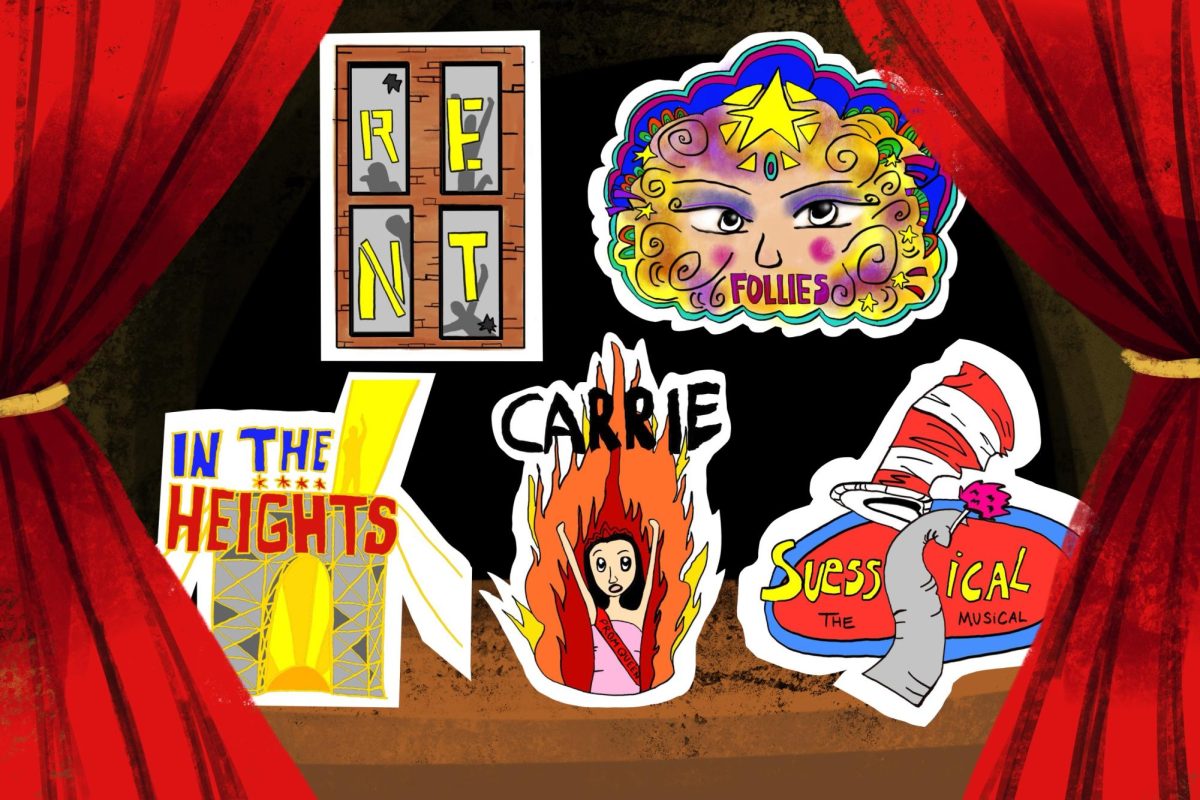Just a few years ago, the written word took on the form of digital text, and wireless communication became the invisible icon of our generation. What was once a fantastical daydream of seamless international connection now sits comfortably in our pockets, frequently blamed for our dwindling attention spans.
Today the stuff of science fiction is inherent in daily routines. From the buzzing plea that wakes us to the flickering screens that entertain and lull us back to sleep, our everyday lives are monitored by monitors.
With all this in mind, is there still a demand for books about science fiction? Why read a novel about a speculative fantasy that, for all intents and purposes, is now reality, already packaged and stocked on shelves?
As with any genre of literature, the science fiction novel has evolved over time. Some things, however, remain constant: the best writers can integrate a universal theme in any story so every reader can forge a connection with the chosen protagonist. Most science fiction readers are drawn to and relate with the potent struggles of the characters.
One of the most popular science fiction authors today is Stephanie Meyer, best known for the “Twilight” series and who moved into more mature literature with her sci-fi novel “The Host.” Whether or not you like Meyer’s work, her novel has connected to countless readers with its themes of control, personal change, social pressure and love. These topics maintain the novel’s relevance even in a world in which parasitic aliens are not occupying human minds.
At the same time, science-fiction literature presents strange new realities to be explored. The untouched innovation of imaginative realms is something that will continue to attract explorers, even if they are armed with only a pair of reading glasses.
Aside from providing a window into fantastical worlds while leaving the reader unscathed, the science-fiction genre offers a platform for new creative thought. For example, the ubiquitous giant plasma screens of today were described by Ray Bradbury’s “Fahrenheit 451” in 1953. Such cases serve as a comical reminder that the innovations that propelled our current technological era began, like all the most popular science-fiction novels, as mere ideas.
Science-fiction literature, therefore, remains relevant to our generation and will continue to proliferate and welcome new readership. For a generation brimming with creative talent and the tools to create new wonders, there should be no limitations placed on the innovations to come.
A version of this article appeared in the Thursday, Dec. 6 print edition. Tali Kuhel is a staff writer. Email her at [email protected].



















































































































































Jillian • Dec 26, 2012 at 12:34 pm
this article is superb!
Alan Kuhel • Dec 13, 2012 at 11:14 am
I’t has always amazed me how the “stuff” of science fiction turns into reality. I remember dreaming of having an iphone like device as a kid. The future is probably only limited by our imagination, investment in education and creativity. We are awash in data but still struggle with wisdom. The genre helps reveal that the real issues which challenge us are ethical and moral rather than technological.
Nice article!
Beth Kuhel • Dec 6, 2012 at 8:18 am
I love Tali’s analysis of the relevance Science-fiction literature even for a generation that lives and breaths with high tech gadgets.